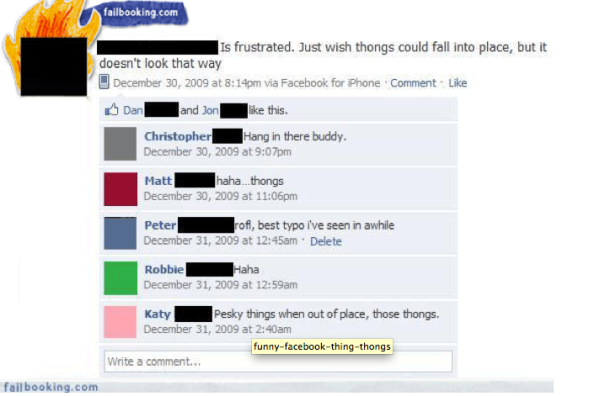The past few weeks have been busy but exciting in the world of journalism. Tonight, I’m camping out at Hearst’s D.C. Bureau with reporters from other regional papers as well. It feels good to be part of breaking news and dive into a subject I admittedly never follow (elections). I never appreciated a John King hologram or a New York Times flash map more than tonight. Seriously, new media has made old media a lot less stressful.
I’ve learned a lot tonight, but I also learned a lot about the more techy side of journalism at the ONA 2010 conference.
I was fortunate enough to attend panels on Friday and Saturday as well as an amazing job fair on Thursday. My live blogs are on the site, but here are some takeaways from the conference based on my experience.
1) Stop saying “journalism” vs “digital journalism.” What we’ve learned is that digital is the new standard. Newsrooms have made the adjustment (God help them if they haven’t) and now they’re playing with new tools (graphics, social media, data collecting) to deliver information to a very digital audience. It is detremental for newsrooms and especially j-schools to see digital as a luxury or advanced skill. It is now a necessity.
3) News is going to be a social experience. When you look at basic sociology, it seems obvious that the best way to provide a successful service is to LISTEN to your audience. How do you listen to your audience? You RESPOND to them (as @WSJ does on their twitter feed), invite input and make changes based on that input. I’m not going to “engage” in a website if I think a human being won’t ever see it or reply. People today follow trusted news streams rather than individual news sites, and crowdsourcing has become more important than ever b/c of the limited resources many newsrooms are facing.
4) J-schools better step it up. I was most intrigued by the “Rewiring the Ivory Tower” discussion b/c it seemed like there was a huge divide between J-schools that are “with the times” and J-schools who still see journalism as a degree for people who like to write. I’ll say that the writing drew me to jouranlism in the beginning, but now it’s part-writer, part-expert internet stalker, part-computer programmer, part videographer and part digital social butterfly. They NEED to require HTML and design courses as well as video. And most importantly, they can no longer separate online journalism from broadcast. We need to know it all, and I feel like I missed out b/c of that divide.
5) Know what makes a good site. I really enjoyed the session on website traffic and search engine optimization. Search engines care about social media (notice the amount of YouTube videos and Tweets that show up for your average search). Some tips the panelists gave included adding “related stories” to stories that get big hits on your page, making SEO-friendly headlines and links, ask for viewers’ zip codes to target information, and monitor interactivity. Engagement is far more important than hits. Also, use written numbers, understand the importance of location, use tags in the Titles, describe what’s going on in your multimedia (those don’t always show up in search engines) and write for your audience!

